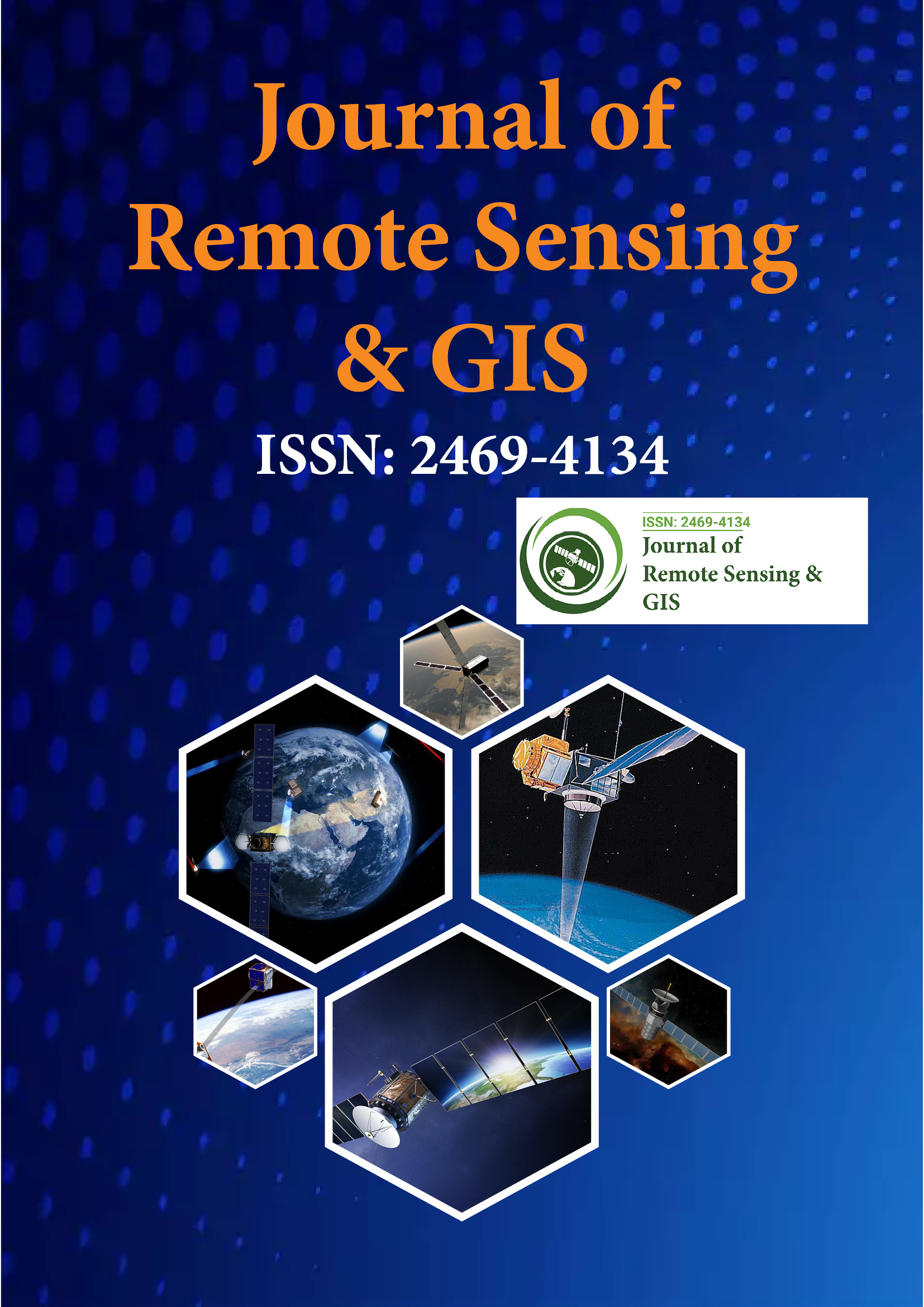Indexado em
- Abra o Portão J
- RefSeek
- Universidade de Hamdard
- EBSCO AZ
- OCLC- WorldCat
- publons
- Indexação Científica Internacional
- Euro Pub
- Google Scholar
Links Úteis
Compartilhe esta página
Folheto de jornal

Periódicos de Acesso Aberto
- Agro e Aquicultura
- Alimentos e Nutrição
- Bioinformática e Biologia de Sistemas
- Bioquímica
- Ciência de materiais
- Ciencias ambientais
- Ciências Clínicas
- Ciências Farmacêuticas
- Ciências gerais
- Ciências Médicas
- Cuidados de enfermagem e saúde
- Engenharia
- Genética e Biologia Molecular
- Gestão de negócios
- Imunologia e Microbiologia
- Neurociência e Psicologia
- Química
Abstrato
Rumo a operações autónomas de naves espaciais usando aprendizagem de máquina
Bomghar vermelho
A democratização da exploração espacial deve-se em grande parte ao desenvolvimento de pequenos satélites de código aberto (por exemplo, Cubesats, satélites cúbicos de 10x10x10cm). Uma das necessidades críticas da exploração espacial num futuro próximo é aumentar as operações das naves espaciais para poder gerir dezenas de milhares de satélites; literalmente vários robôs no espaço com sistemas dinâmicos complexos. O projeto Polaris é totalmente open source, tem como objetivo analisar a telemetria de sistemas robóticos, aprender com a mesma, manter os operadores atentos e gerar conhecimento transferível para diferentes missões com ativos robóticos semelhantes. Este projeto tem três vertentes: pesquisa e normalização de dados de sinais de rádio recolhidos pelas estações SatNOGS (200 estações terrestres de código aberto em todo o mundo), modelos de aprendizagem automática para análise de dependências, segmentação do comportamento contextual de séries temporais e previsões para a prevenção de anomalias, e no final, visualização de dados para explicar os modelos de aprendizagem automática e fornecer widgets para a consciência situacional dos operadores. Nesta palestra, abordarei os modelos de aprendizagem automática desenvolvidos e como rastreamos as dependências entre telemetrias e como a visualização de gráficos nos permite navegar em conjuntos de dados de alta dimensão. Partilharei os passos que estamos a seguir para compor futuras operações e monitorização autónoma de satélites e como o código aberto desempenha um papel essencial.